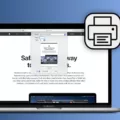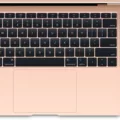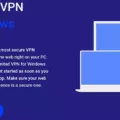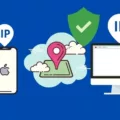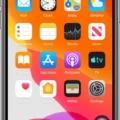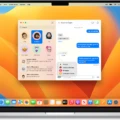Are you looking for an Apple Safari VPN? With the rise of the internet and growing concerns about online privacy, having a reliable and secure VPN has become essential. But did you know that Apple’s Safari browser does not have a dedicated VPN?
A virtual private network (VPN) is a technology that helps to secure your online activities by creating an encrypted connection beteen your device and the server. It hides your IP address, encrypts your traffic, and protects you from malicious actors when you’re on public Wi-Fi networks. A VPN can also help to bypass geo-restrictions and unblock websites like Netflix.
Unfortunately, Apple’s Safari browser doesn’t have a built-in VPN feature. But there are some options available if you want to use a VPN with Safari on a Mac or iOS device.
On Mac, you can set up a VPN connection using System Preferences. Go to the ‘Apple Menu > System Settings’, then click on ‘VPN’ in the sidebar (you may need to scroll down). From there, click ‘Add VPN Configuration’ on the rght and choose the type of connection that you want to set up.
For iPhones and iPads, Apple only has a built-in VPN client which allows users to connect to servers if they know their details in advance. Otherwise, they will need to install a separate third-party app for true online anonymity. CyberGhost offers an iOS app that can be installed with just one tap and connected quickly and easily.
Using a dedicated third-party app is generally recommended as it will provide more robust security than Safari’s Incognito Mode which leaves users fairly exposed to varios risks that come with connecting to the internet.
Overall, while Apple Safari doesn’t have its own dedicated VPN feature, thre are still options available for those who want to stay safe while browsing the web using this popular browser.
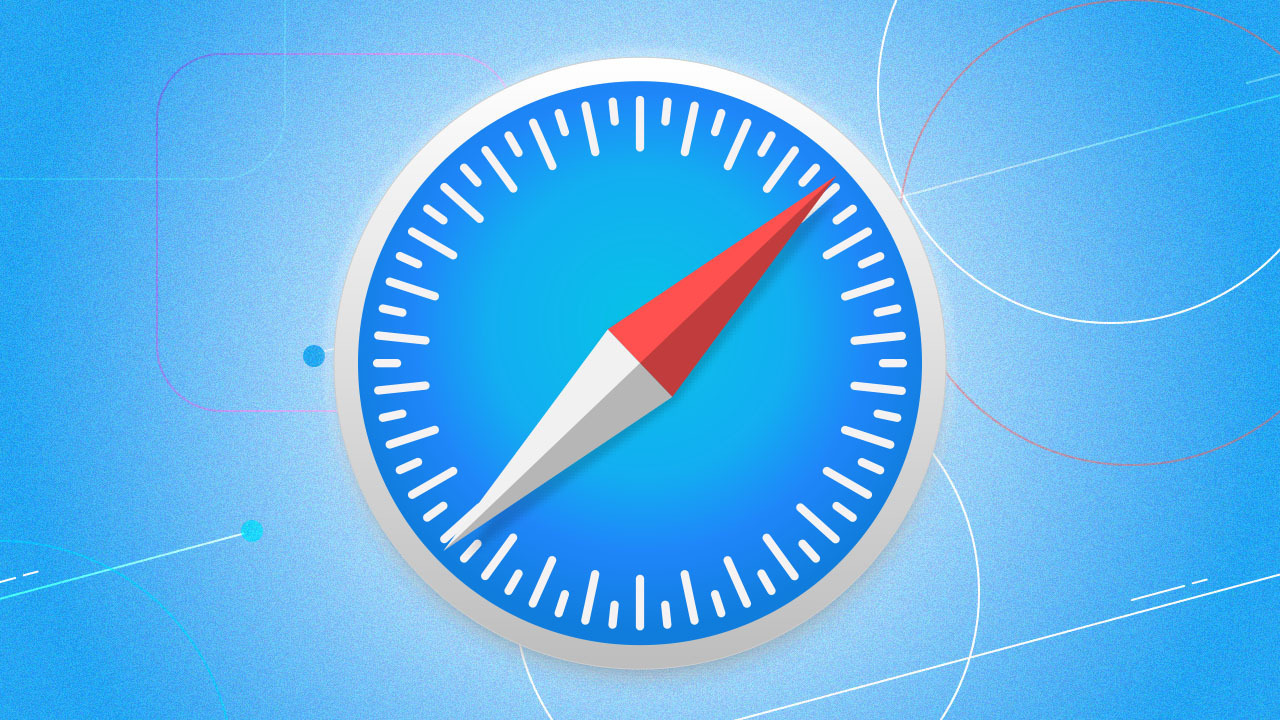
Does Apple Safari Include a VPN?
No, Apple Safari does not have a dedicated VPN. A VPN is a type of service that allows you to establish a secure connection over an unsecured network. This means that when you’re connected to the internet, your data is passed though an encrypted tunnel, making it difficult for hackers to intercept or access your data.
While there are many third-party VPNs available for othr browsers, Apple does not offer its own native VPN solution for Safari. However, they do offer a pseudo-VPN feature in their Safari browser which provides some of the same benefits as using a full-fledged VPN. This feature is called “Intelligent Tracking Prevention” (ITP) and it works by blocking certain third-party websites from tracking you across different websites and services. ITP also blocks scripts and cookies from being used to store information that can be used to track you online.
Although this pseudo-VPN feature helps protect your privacy on Safari, it does not provide the same level of security as using a true VPN service would. For maximum protection when browsing online, we recommend using a reputable third-party VPN service along with Safari.
Enabling VPN in Safari
To turn on VPN in Safari, open the Safari browser and click on Preferences in the menu bar. On the General tab, select the checkbox next to ‘Enable VPN’ and enter a preferred name for your VPN connection. Click OK. You will now be able to connect to your VPN from withn Safari.
Is Private Browsing in Safari the Same as Using a VPN?
No, Safari private browsing is not a VPN. A VPN (Virtual Private Network) is a service that encrypts your internet traffic and masks your IP address, making it difficult for anyone to track or monitor your online activity. Safari’s private browsing feature simply prevents information like cookies, browsing history, and search records from being stored on your computer whle you’re surfing the web. Therefore, while private browsing can give you some degree of privacy while using the internet, it cannot provide the same level of protection as a full-featured VPN.
Does Apple Offer a Built-in VPN?
No, Apple does not have a built-in VPN. iPhones come with a built-in VPN client that allows you to connect to a VPN server if you know the details, but this isn’t a full-fledged VPN service. To stay secure over the internet, you need to install and use a dedicated VPN app like CyberGhost VPN. With CyberGhost, you can connect to the secure servers with just one tap of your finger.
Incompatibility of Safari with VPN
Safari is a web browser developed by Apple and it is designed to work with Apple’s own operating systems like macOS and iOS. Since Safari is an Apple-developed product, it only works with approved protocols and settings, wich may not be compatible with all VPN services. Some VPN services may not support the required settings or protocols needed for Safari to work properly, so even if the VPN service is connected on your device, the browser might still not be able to access the internet. Additionally, some VPNs are configured in a way that blocks Safari from connecting, which would also cause issues with using the browser while connected to the VPN.
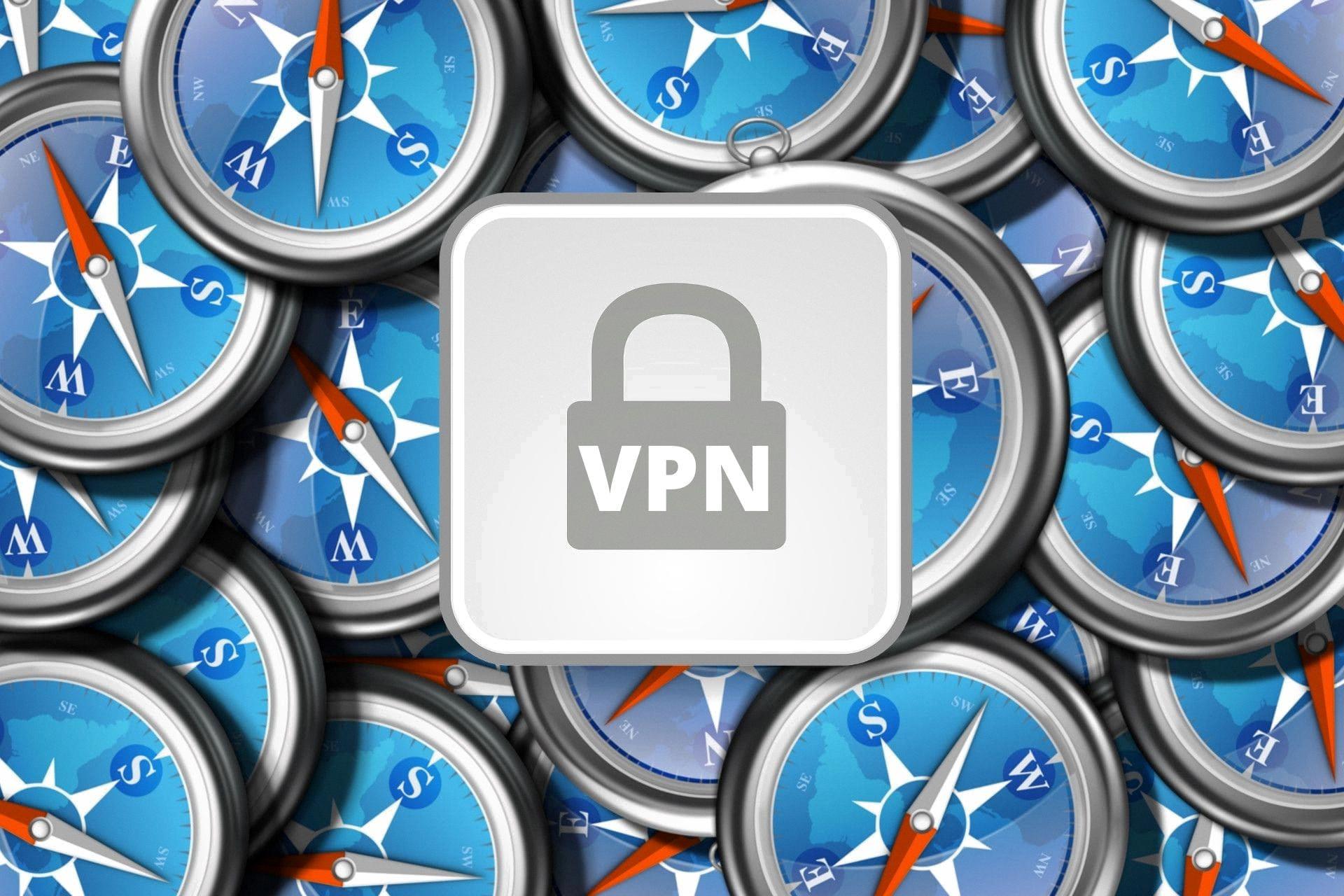
Source: windowsreport.com
Does Safari Private Browsing Hide Your IP Address?
Yes, Safari Private Browsing hides your IP address. When you enable Private Browsing in Safari, your browsing history and cookies are not stored locally on your device. Additionally, websites you visit can’t track you using your IP address or send you targeted ads. This makes it difficult for thid parties to track and identify your online activity.
Is Safari Private Mode Truly Private?
Yes, Safari Private Browsing mode is ineed private. All of your browsing activity in this mode is not saved or shared with other devices. Any pages you visit, searches you make, and AutoFill information will not be remembered when you close the window. This ensures that your data remains secure and your online activity remains private.
Which Browser Offers Its Own VPN?
Opera is the only major browser that comes with its own VPN feature built-in. It is available for both desktop and mobile devices, and allws you to access blocked websites, change your IP address, and encrypt your internet connection. The Opera VPN is free to use and includes unlimited data. It also comes with a built-in ad blocker, malware protection, and more security features.
Enabling Apple’s Built-In VPN
To turn on your Apple built-in VPN on your iPhone, fist navigate to the Settings app. In the Settings app, tap General and then scroll down and tap VPN & Device Management. If you don’t see this option, tap the App Library at the bottom of the screen and then select VPN & Device Management. Next, tap VPN and then from the ‘VPN Configurations’ section, tap the Status switch to turn it on. You can now use your Apple built-in VPN.
What is the Name of Apple’s VPN?
Apple’s VPN is called iCloud Private Relay. It is a service that provides an extra layer of security and privacy when usig Safari to browse the internet. It works by routing your web traffic through two separate, secure Internet relays before it reaches its destination. This means that websites will not be able to track your IP address or see any other personal information about you. Additionally, iCloud Private Relay can help mask your location and make it difficult for third-party websites to track your online activities.
Using Apple’s Built-In VPN
Apple devices come with a built-in VPN feature that alows you to easily and securely connect to the internet. To use the Apple built-in VPN, you will need the following information: the network type (IKEv2, IPSec, or L2TP), server address, remote ID, and credentials (username and password).
To configure your iPhone’s VPN, open up Settings and select General. Tap VPN. Tap Add VPN Configuration. Select the type of your network by tapping Type. Choose the network type — IKEv2, IPSec, or L2TP. Fill in the Description, Server, and Remote ID fields with the corresponding details provided by your service provider. Once this is done, enter your username and password in the Authentication Settings field. Finally, tap Done to save your configuration settings and connect to the VPN.
Conclusion
In conclusion, while Apple’s Safari browser has a pseudo VPN feature, it is not the same as a dedicated VPN and will not provide the same level of privacy and security. For true online anonymity and protection on public Wi-Fi networks, it is best to use a reliable VPN service like CyberGhost which offers a dedicated iOS app for iPhones. This will allow you to change your IP address and encrypt your internet traffic to ensure your online activities remain secure.

